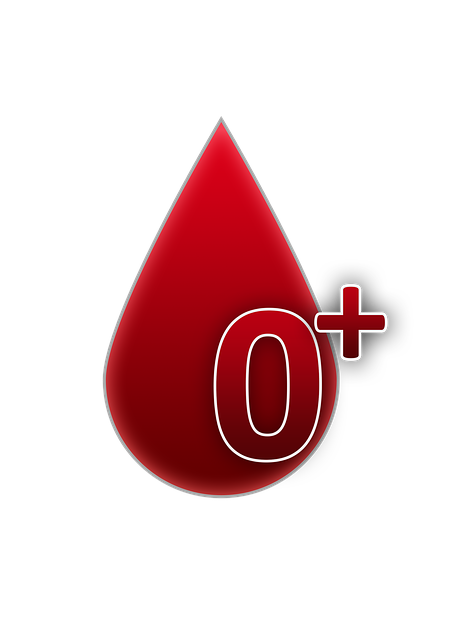In the UK, where vitamin D deficiency is common due to limited sun exposure, at-home health checks like the UK Vitamin D Blood Test offer a convenient way to assess 25-hydroxyvitamin D levels. Early detection allows for proactive measures to maintain bone health and prevent conditions like osteoporosis. These tests, involving a simple finger prick or blood draw, provide results within days, enabling personalized dietary changes or supplement regimens. While at-home testing is accessible and discreet, it should complement, not replace, regular medical check-ups when necessary.
In today’s digital era, staying proactive about health is more accessible than ever. For individuals in the UK, at-home health checks offer a convenient way to monitor vital metrics, particularly vitamin D levels through specific blood tests. Understanding the importance of vitamin D—essential for bone health and immune function—is a key step towards navigating these home test options effectively. This article explores UK-based at-home vitamin D blood tests, their benefits, and considerations to empower individuals in managing their health proactively.
- Understanding the Importance of Vitamin D and Blood Tests
- UK-Based At-Home Health Check Options for Vitamin D Levels
- Benefits and Considerations for Individuals Performing Home Tests
Understanding the Importance of Vitamin D and Blood Tests
Vitamin D, often dubbed the ‘sunshine vitamin’, is essential for maintaining overall health and well-being in the UK. It plays a crucial role in bone strength and muscle function, helping to prevent conditions like rickets in children and osteoporosis in adults. However, many individuals suffer from Vitamin D deficiency due to limited sun exposure, particularly during winter months. This is where home health checks come into play; a simple UK Vitamin D Blood Test can be conducted at home, providing valuable insights into your vitamin levels without the need for a clinic visit.
Blood tests are a reliable method to assess Vitamin D status, as they measure the amount of 25-hydroxyvitamin D in your blood. This test is particularly important for those at higher risk of deficiency, such as individuals with limited outdoor activity, older adults, or people with certain medical conditions. By identifying Vitamin D inadequacy early on, individuals can take proactive measures to boost their levels through diet, supplements, or increased sun exposure, thereby promoting optimal health and reducing the risk of associated complications.
UK-Based At-Home Health Check Options for Vitamin D Levels
In the UK, at-home health check options for vitamin D levels have become increasingly popular as people seek convenient and accessible ways to monitor their health. These tests allow individuals to measure their vitamin D blood levels from the comfort of their homes, eliminating the need for a trip to the clinic. The UK Vitamin D Blood Test is designed to assess an individual’s vitamin D status, which is crucial for maintaining bone health and supporting various physiological functions.
At-home tests provide a simple and efficient way to check vitamin D levels, typically involving a finger prick or blood draw using a small kit provided by the testing service. Results are usually available within days, offering individuals immediate feedback about their nutritional status. This information can guide personal lifestyle adjustments, such as diet changes or supplements, to ensure optimal vitamin D levels.
Benefits and Considerations for Individuals Performing Home Tests
Performing health checks at home offers numerous benefits for individuals in the UK, particularly when it comes to tracking essential vitamins and minerals like Vitamin D. The convenience of a UK Vitamin D Blood Test at home allows people to monitor their health discreetly and comfortably. This is especially beneficial for those with busy schedules or limited mobility who might find it challenging to visit a clinic regularly.
However, considerations are vital. Self-administered tests may not provide the same level of accuracy as professional laboratory services. Individuals should be mindful of potential errors in sample collection or interpretation, and consult healthcare professionals for guidance on understanding results. Additionally, while at-home testing is a great step towards increased accessibility to health information, it shouldn’t replace regular medical check-ups where necessary.
Health checks at home, such as UK Vitamin D blood tests, offer individuals a convenient and accessible way to monitor their well-being. By understanding the importance of vitamin D levels and leveraging at-home test options, folks can take an active role in their health. Home testing provides benefits like ease, privacy, and timely results, making it a valuable tool for maintaining overall wellness, especially in today’s busy lifestyle. Remember that, while home tests are useful, they should complement, not replace, regular medical check-ups.
